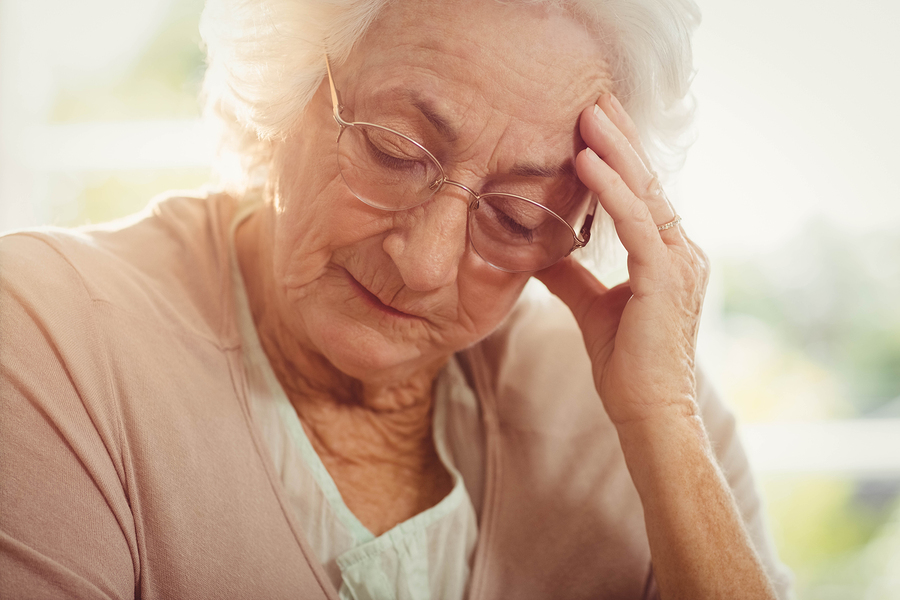Fainting is such a common health issue that most people may not think much about it. But for your senior family member, fainting can be a serious problem. To help prevent possible injury and to rule out serious health issues, it helps to understand as much as you can about fainting and what it might mean for your senior.
Symptoms of Fainting
Sometimes people who are about to faint don’t notice any signs at all that they’re about to faint. But depending on the cause, your elderly family member might experience nausea, blurry vision, or start to sweat. She may mention that she feels lightheaded or dizzy and that she needs to lie down. If your elderly family member does mention any of these symptoms, help her to sit down or to lie down so that she doesn’t have the added issue of injuring herself during a possible fall.
Causes of Fainting

For some people who faint, there are mental and emotional causes, like seeing blood or needles. Other people may find that overheating or being dehydrated make them more likely to faint. If your senior stands for too long and locks her knees, she may faint. Low blood pressure is another potential cause of fainting.
Talk to Your Senior’s Doctor
If your aging family member either faints or has an experience where she almost faints, talk with her doctor. This could be the result of a medication side effect or it could be related to a new or existing health issue. Your senior’s doctor can help her to narrow down possible causes and determine a course of action for helping her to avoid fainting.
Put Some Precautionary Measures in Place
Fainting is something that is a lot more serious than many people realize, especially for older adults. It’s a very good idea for in-home care to be there with your senior, especially if you can’t be there with her. Elderly care providers are able to monitor your senior, including how well she’s eating and drinking, and make sure that she has what she needs. In-home care providers can help her to be safer at home when she’s concerned that she might experience another fainting episode.
If your senior does continue to have fainting episodes, make sure that you keep track of as much information as you can to give to her doctor. Knowing what she ate and drank, how she was feeling, and other pieces of information can help her medical team to get to the bottom of what’s going on.
If you or an aging loved one is considering in-home care in Denver, CO, call the caring staff at SYNERGY Home Care of Denver today. 303-756-9322












